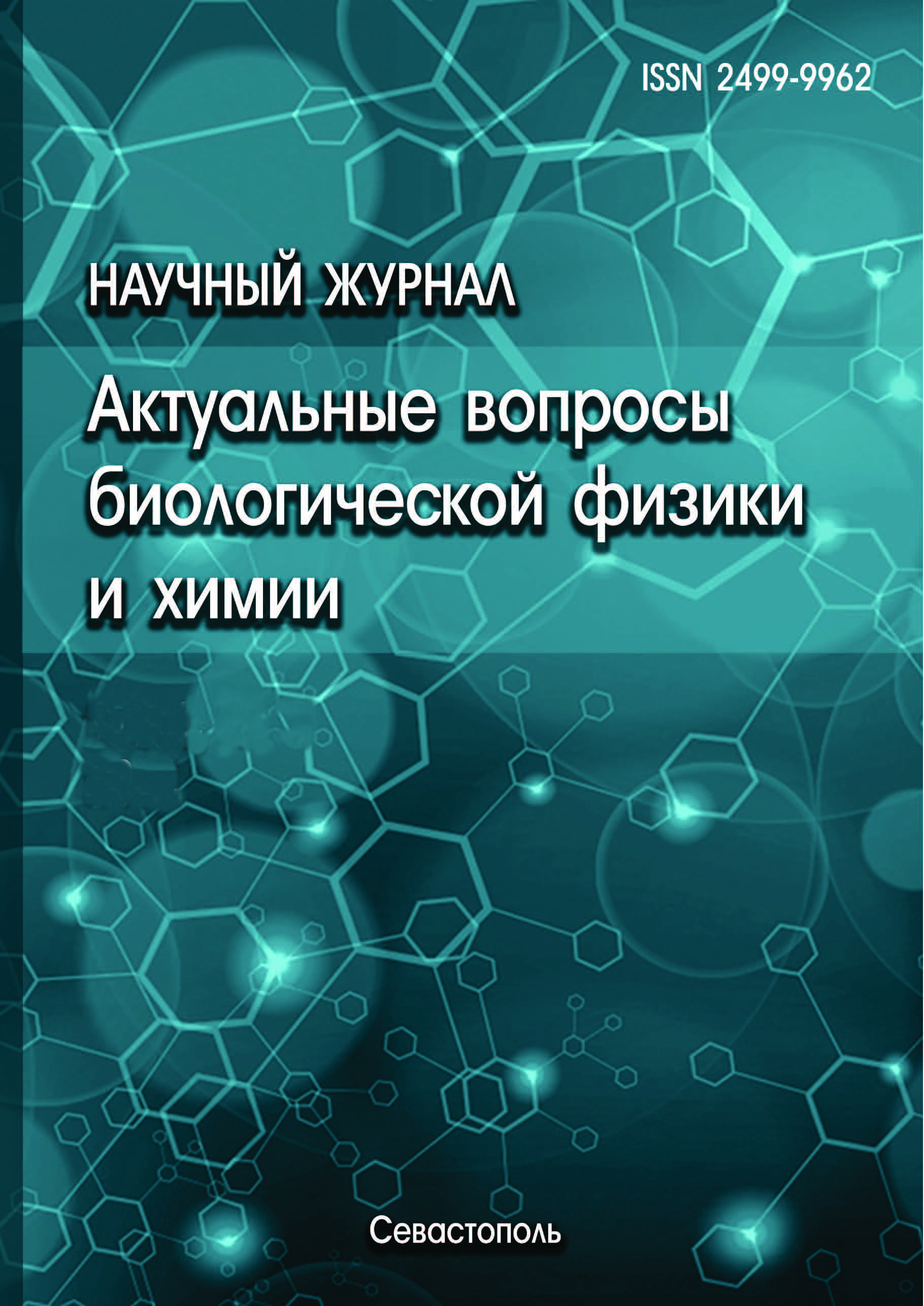A method of molecular imprinting is a widely used synthetic approach for the fabrication of novel functional polymers with pre-designed molecular selectivity. This method is based on the polymerization of functional monomers in presence of specially introduced target template molecules. Molecularly imprinted polymer materials are applied in a wide range of areas such as chemical and biological sensors, solid phase extraction and drug assays owing to their inherent robustness, reusability and reproducibility. Nowadays, more and more studies are devoted to macroporous monolithic materials as the modern design of sorbents intended to the bioseparation processes. Among the advantages of this kind of materials are the simplicity of synthesis, high reproducibility, high mechanical and chemical stability and well-controlled porous structure. The aim of this work was the development of molecularly imprinted systems based on the copolymer of 2-aminoethyl methacrylate, 2-hydroxyethyl methacrylate and ethyleneglycol dimethacrylate for express-analysis of phenylalanine in biological liquids and study of the process of molecular recognition in these systems. In the frame of this work, a series of macroporous monolithic materials in the thin-layer form was obtained by the method of the free radical photo-initiative polymerization. Using obtained MIP systems, the optimal procedure for analyzing of phenylalanine was developed. The influence of such factors as the time of affinity interaction, the pore size of the material, the concentration of the template molecule were studied.
macroporous monolithic sorbents, biochips, molecular imprinted polymers, phenylketonuria
1. Tarantul V.Z. Tolkovyy slovar' po molekulyarnoy i kletochnoy biotehnologii. T. 1. - M.: Yazyki slavyanskoy kul'tury, 2015, 984 s. [Tarantula V.Z. Explanatory dictionary of molecular and cellular biotechnology. Vol. 1. - M.: languages of Slavic culture, 2015, 984 p. (In Russ.)]
2. Lisichkin G.V., Krutyakov Yu.A. Uspehi himii, 2006, t. 75, s. 998-1017 [Lisichkin G.V., Krutyakov Yu.A. Chemistry Successes, 2006, vol. 75, pp. 998-1017 (In Russ.)].
3. Svec F., Tennikova T., Deyl Z. Monolithic Materials: Preparation, Properties and Applications, Elsevier. 2003.
4. Tennikova T.B., Belenkii B.G, Svec F. High-performance membrane chromatography. A novel method of protein separation. J. Liq. Chromatogr., 1990, vol. 13 (1), pp. 63-70. DOI: https://doi.org/10.1080/01483919008051787; EDN: https://elibrary.ru/XXNPXU
5. Kryscio D., Peppas N. Critical review and perspective of macromolecularly imprinted polymers. ActaBiomater., 2012, vol. 8 (2), p. 461. DOI: https://doi.org/10.1016/j.actbio.2011.11.005; EDN: https://elibrary.ru/YCMLUP
6. Vlakh E.G., Stepanova M.A., Korneeva Yu.M., Tennikova T.B. Molecularly imprinted macroporous monoliths for solid-phase extraction: Effect of pore size and column length on recognition properties. J. Chromatogr. B, 2016, pp. 198-204.
7. Ashleya J., Shahbazia M.-A., Kanta K., Chidambarab V.A., Wolffa A., Dang Duong Bangb, Suna Yi. Molecularly imprinted polymers for sample preparation and biosensing in food analysis: Progress and perspectives. Biosensors and Bioelectronics, 2017, vol. 91, pp. 606-615.
8. Zhao Cheng-Jun, Ma Xiong-Hui, Li Jian-Ping. An Insulin Molecularly Imprinted Electrochemical Sensor Based on Epitope Imprinting. Chinese Journal of Analytical Chemistry, 2017, vol. 45, pp. 1360-1366.
9. Sahai I., Marsden D. Newborn screening. Clin. Lab. Sci., 2009, vol. 46 (2), pp. 55-82.
10. Federal'nye klinicheskie rekomendacii po diagnostike i lecheniyu fenilketonurii. M., 2013. [Federal clinical guidelines for the diagnosis and treatment of phenylketonuria. Moskow, 2013 (In Russ.)]
11. Vlakh E.G., Tennikova T.B. Preparation of methacrylate monoliths. J. Sep. Sci., 2007, vol. 30, pp. 2801-2813. DOI: https://doi.org/10.1002/jssc.200700284; EDN: https://elibrary.ru/LKLEQH










